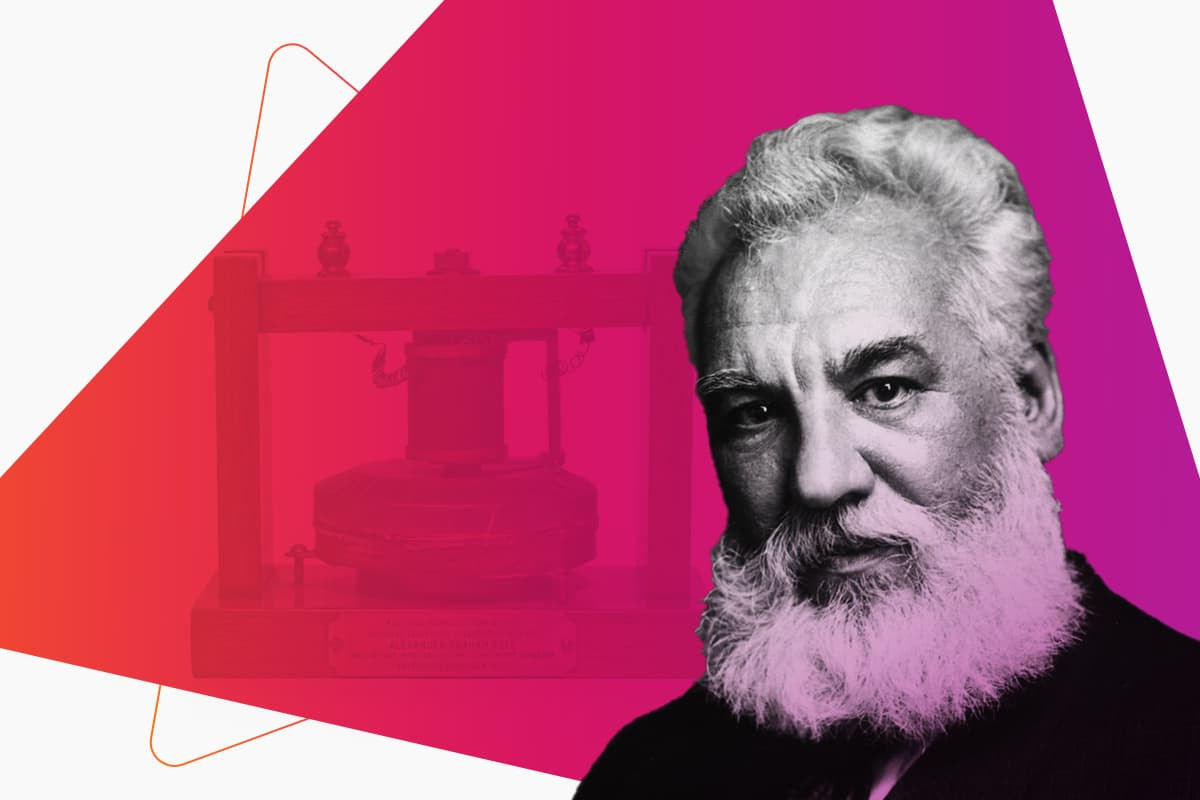
Who was Alexander Graham Bell? What Did He Invent?
What is in this article?
When Alexander Graham Bell invented the telephone in 1876, it's likely he couldn't have envisioned the profound impact his creation would have on our daily lives.
Indeed, Bell's invention not only revolutionized our daily routines but also formed the bedrock of the modern telecommunications industry. Influenced by his dedication to education and innovation, Bell's legacy endures, leaving an indelible mark on subsequent generations of inventors.
For a comprehensive exploration of Alexander Graham Bell's life, his other groundbreaking inventions, including the telephone, and his enduring contributions to modern technology, you can refer to our blog post.
Who was Alexander Graham Bell?
Born on March 3, 1847 in Edinburgh, Scotland, Alexander Graham Bell was the second child of Prof. Alexander Melville Bell and Eliza Grace Symonds Bell.
Graham Bell, who had two siblings, received his early education from his musically talented mother Eliza despite her hearing loss. Eliza, in addition to her prowess as a pianist, had a keen interest in painting. When Eliza, a remarkably gifted woman, lost her hearing, Graham Bell's father and grandfather embarked on a journey of research and study to develop methods for facilitating communication with the deaf.
Contrary to convention, Graham Bell successfully communicated with his mother using an extremely soft voice. He received his education from her and briefly attended Edinburgh Royal High School until the age of 15.
In 1861, Bell commenced his formal education at the University of Edinburgh before moving to London to stay with his grandfather. There, he pursued part-time studies at the University of London Academy.
In 1870, Graham Bell's family suffered the loss of two siblings in a tuberculosis epidemic, prompting his father to relocate the family to Canada to protect him from the outbreak.
Upon settling in Canada, Graham Bell concentrated on research to enhance communication for the deaf, working closely with his father. Concurrently, he began teaching diction at the School of Vocal Physiology and the School of Speech Techniques in Boston, all while continuing his own studies.
Though he did not graduate from a university, his successful research led to his appointment as a professor of Vocal Physiology and Diction at Boston University in 1873. In his research endeavors, Alexander Graham Bell collaborated with the skilled electrician Thomas Watson. Their shared goal was to merge the human voice with a machine.
On March 10, 1876, their work culminated in success, albeit somewhat incidentally, sparking a rigorous patent battle for Bell and his partner, Thomas Watson. Following the invention of the telephone, Bell found himself involved in approximately 550 patent disputes, all of which he ultimately won, securing the patent for the telephone.
In January 1915, Graham Bell achieved a monumental feat by making the first intercontinental phone call, connecting New York to his former partner, Thomas Watson, in San Francisco. This historic call resonated globally and significantly bolstered the demand for telephone use.
Throughout his lifetime, Graham Bell never assumed the role of a businessman. Instead, he prioritized the pursuit of new discoveries, holding innovation in the highest regard.
Who was Alexander Graham Bell's partner Thomas Watson?
Thomas Watson played a major role in the successful completion of the entire process envisioned by Alexander Graham Bell, which aimed to transmit human speech through cables.
Born on February 17, 1874, in New York, Watson was a talented and successful electrician. His support during the invention of the telephone solidified his position as Graham Bell's most significant assistant. Initially, Bell brought Watson along to help develop the concept of harmonic telegraphy, and their partnership fostered a highly productive work environment.
Between 1874 and 1875, the two of them worked intensively on harmonic telegraphy and voice signal transmission. Watson held a deep appreciation for Bell's idea of voice transmission. Bell's proposition for a partnership, contingent on Watson being the one to bring the idea to fruition, was warmly embraced by the talented electrician.
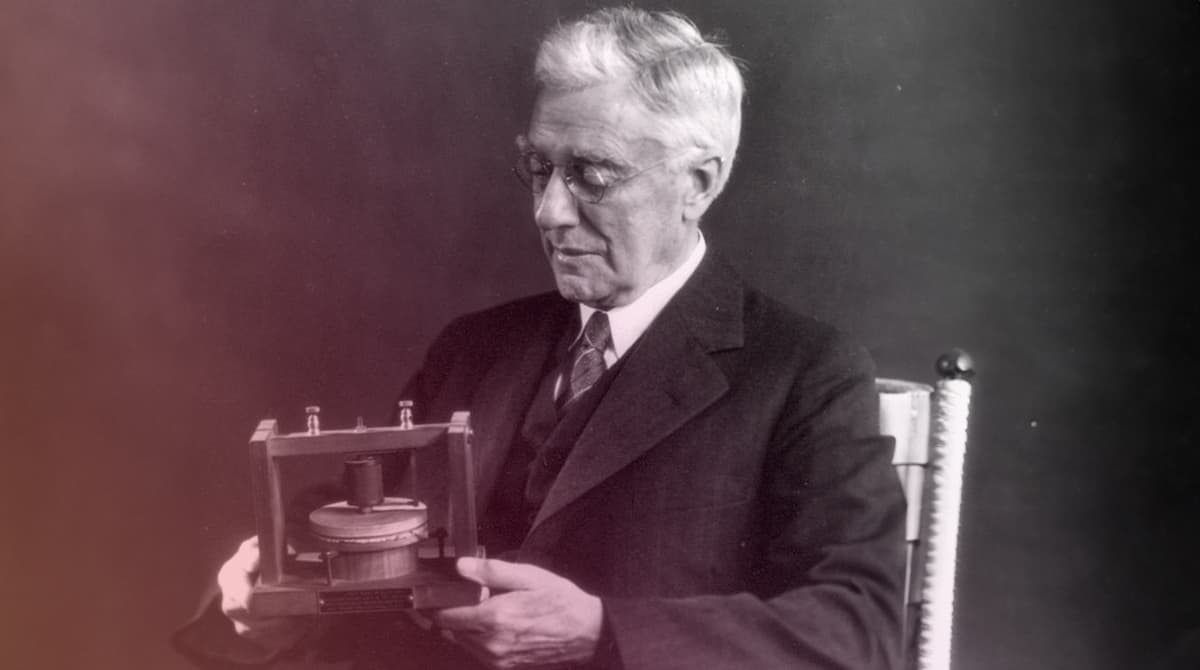
When Did Alexander Graham Bell Invent the Telephone?
The invention of the telephone, an immensely significant achievement for humanity, resulted from the meticulous and systematic efforts of Alexander Graham Bell.
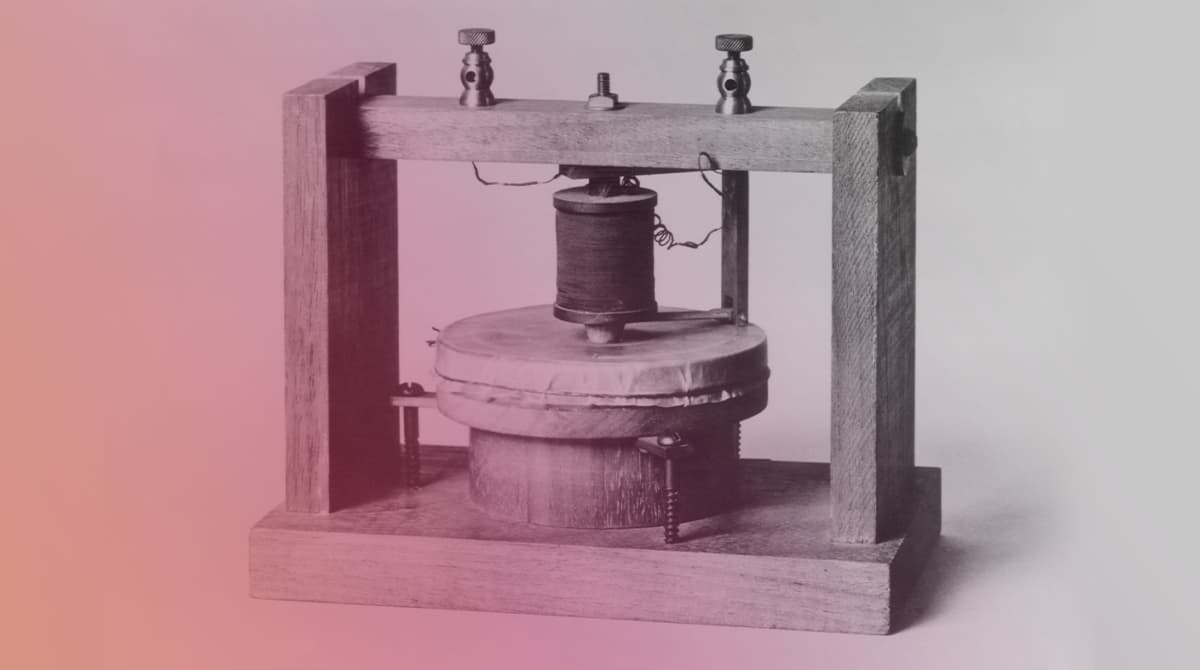 In the latter part of the nineteenth century, Bell, in collaboration with his colleague Thomas Watson, delved into the realm of telegraphy with a focus on enabling two-way communication.
In the latter part of the nineteenth century, Bell, in collaboration with his colleague Thomas Watson, delved into the realm of telegraphy with a focus on enabling two-way communication.
Recognizing the limitations and complications besetting the single-message transmission inherent in the telegraph system, Bell envisioned a more extensive telegraph network to expedite communication.
Subsequently, the renowned inventor embarked on a quest to determine if the vibrations produced by sound could be conveyed through wires after detecting variations in people's voices.
Employing a device known as a diaphragm, he crafted an artificial eardrum and analyzed the vibrations stemming from sound. After extensive research, experimentation, and trial and error, Bell made a breakthrough in 1875. He demonstrated that it was indeed possible for sound to traverse a wire to reach another location.
Yet, a new challenge emerged following this revelation: even if sound could be transmitted over the wires to a different point, comprehending it on the receiving end remained a hurdle. Diligently laboring to resolve this issue, the two collaborators eventually achieved success, giving rise to the initial version of the telephone we utilize today.
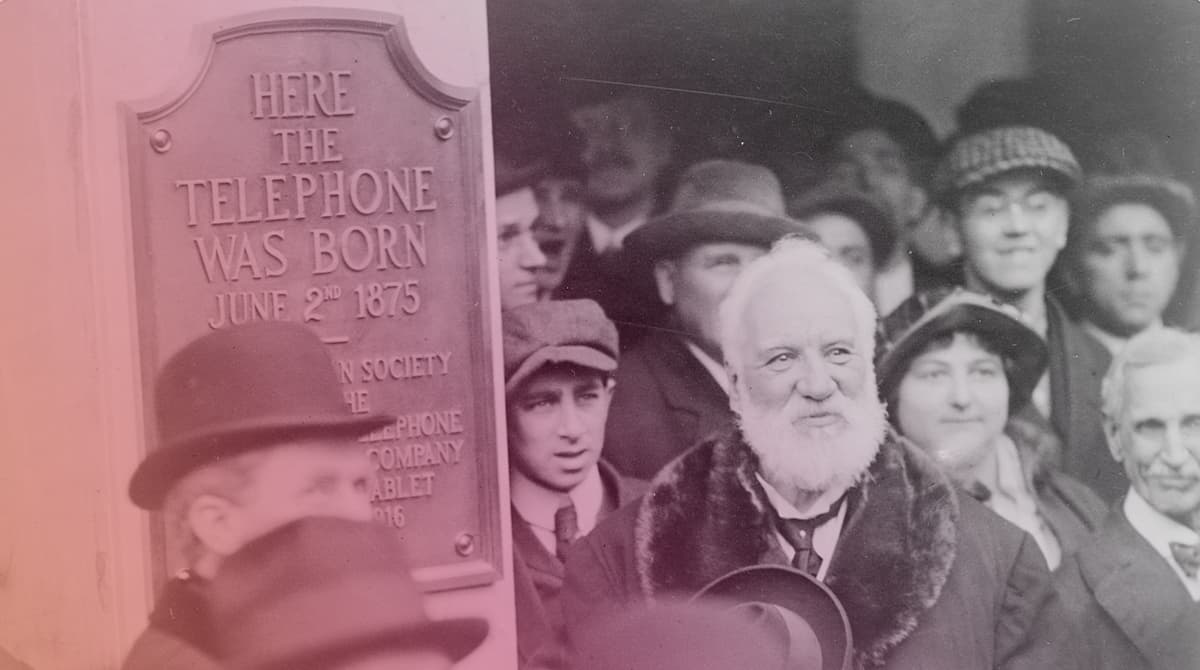 Following applications on February 14, 1876, Graham Bell was granted a patent on March 7, 1876. After receiving the patent for their invention, the duo continued their relentless efforts to achieve clearer and more intelligible sound transmission.
Following applications on February 14, 1876, Graham Bell was granted a patent on March 7, 1876. After receiving the patent for their invention, the duo continued their relentless efforts to achieve clearer and more intelligible sound transmission.
Graham Bell, while conducting his work, accidentally spilled acid on himself from the telephone's battery. In response to this incident, he famously uttered the sentence, “Watson, come here I want to see you.”
This exchange between Thomas Watson and Graham Bell subsequently evolved into a slogan during the telephone's invention.
This conversation holds a significant place in the history of the telephone's invention.
Other Inventions of Alexander Graham Bell
Invented in 1875 and continuously developed and utilized to this day, the telephone stands as a testament to Alexander Graham Bell's curious, patient, and systematic efforts that ultimately benefited humanity. However, this is not the only invention of a genius like Bell.
Alexander Graham Bell, renowned as the inventor of the gramophone and Unshielded Twisted Pair (UTP) cables, occupies a profoundly significant role in the annals of human history.
The famous scientist, who invented a communication device called the photophone and the turntable, also developed a special hearing meter device that measures hearing problems. Alexander Graham Bell also made significant contributions to aviation and transportation, inventing devices like the hydrofoil for sea travel.
A hydrofoil is a special type of wing system mounted on the bottom of a boat or other watercraft. These wings generate lift as they move rapidly through the water. They allow the boat to move faster and consume energy efficiently.
Bell's diverse interests extended to areas like dart and kite making, and his outstanding works and achievements have greatly contributed to the welfare and comfort of humanity.
The history of the telephone and electricity, both essential components of our daily lives, has profoundly shaped our contemporary communication habits. In this sense, it would not be wrong to say that Bell is one of the most important figures of the modern world.
Related Article

The Life and Inventions of Alessandro Volta
Alexander Graham Bell's Works and Awards
Alexander Graham Bell, one of the most important names in the history of humanity, was given awards by various institutions and associations in recognition of his work and inventions.
Bell's notable inventions include the gramophone, telephone, UTP cable, hydrofoil boat, and manned kite, among others.
In the late 19th and early 20th centuries, the awards received by the famous scientist, who managed to make a name for himself, were as follows:
- Volta Prize and $50,000 purse - Government of France (1880)
- Albert Medal - British Art Association (1902)
- Elliott Cresson Medal - Franklin Institute (1912)
- Edison Medal - Institute of Electrical and Electronic Engineers (1914)
- He received at least 10 honorary degrees from academic institutions, including 8 honorary degrees and 2 doctorate degrees.
Alexander Graham Bell's life was marked by a series of remarkable achievements, all of which greatly benefited humanity. Growing up in a family that placed a high value on both science and art, he was well-equipped for a life of innovation.
Unlike many, Bell did not grapple with financial difficulties, allowing him to focus all his attention on his work.
Motivated by a deep desire to create an efficient means of communication for the hearing impaired, a cause close to his heart due to his deaf mother, Bell achieved remarkable results. Beyond his role as an inventor, he stands as a significant figure in human history, equally renowned for his entrepreneurial pursuits.
Graham Bell's Contribution to Modern Technology
 Mobile phones, among the most crucial devices of the 21st century, stand at the forefront of modern technology.
Mobile phones, among the most crucial devices of the 21st century, stand at the forefront of modern technology.
These devices provide users with efficient functionality through their extensive content, user-friendly interfaces, and seamless communication capabilities, evolving continuously to reach their current state.
Alexander Graham Bell, credited with laying the foundations for telephone technologies, which now encompasses messaging, voice messaging, live calls, and various applications, can be seen as one of the pioneers of modern technology.
Today, AT&T, the world's largest telecommunications company founded by Bell, along with the Bell Telephone Company also established by him, played a pivotal role in shaping mass communication habits.
Although the two companies later parted ways due to legal issues, they paved the way for widespread access to the technologies of their time, enabling people to harness them to the fullest extent.
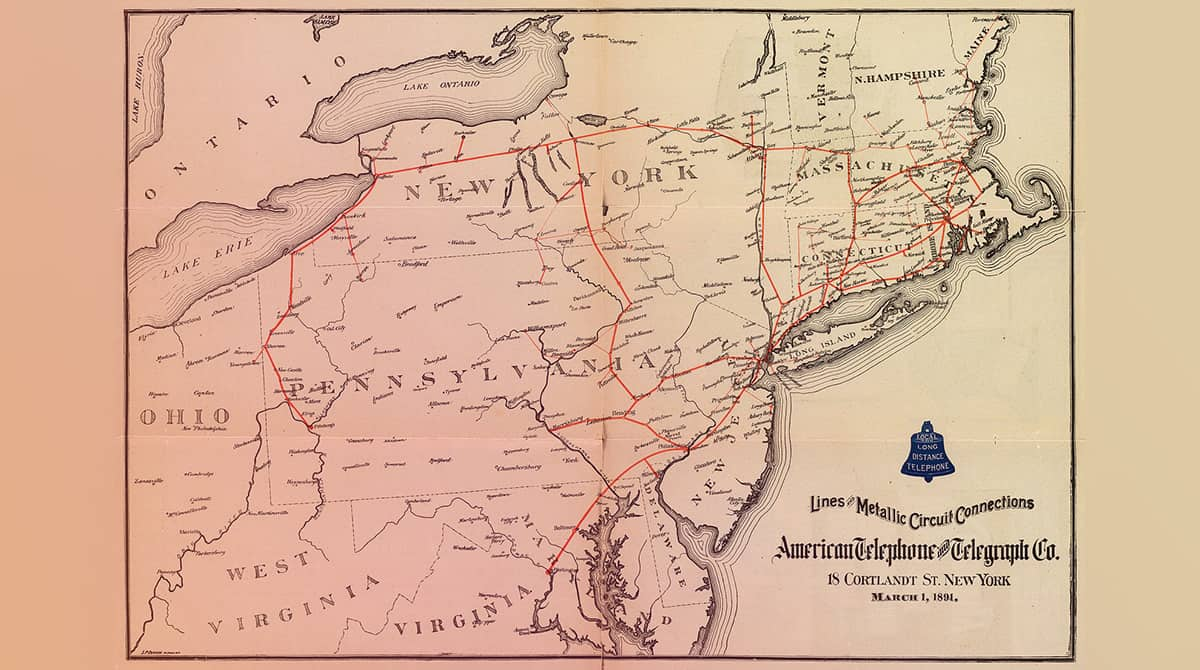
Alexander Graham Bell, counted among the most inquisitive minds in the realm of technology and science, stands as a trailblazer in these endeavors, owing much of his success to his patient and systematic approach to work.
In the company of Bell, luminaries like Edison, Einstein, and Oppenheimer, as well as the Alessandro Volta's life and inventions, have collectively woven the fabric of the modern world, endowing us with the technologies that now form an integral part of our daily lives.
Related Article
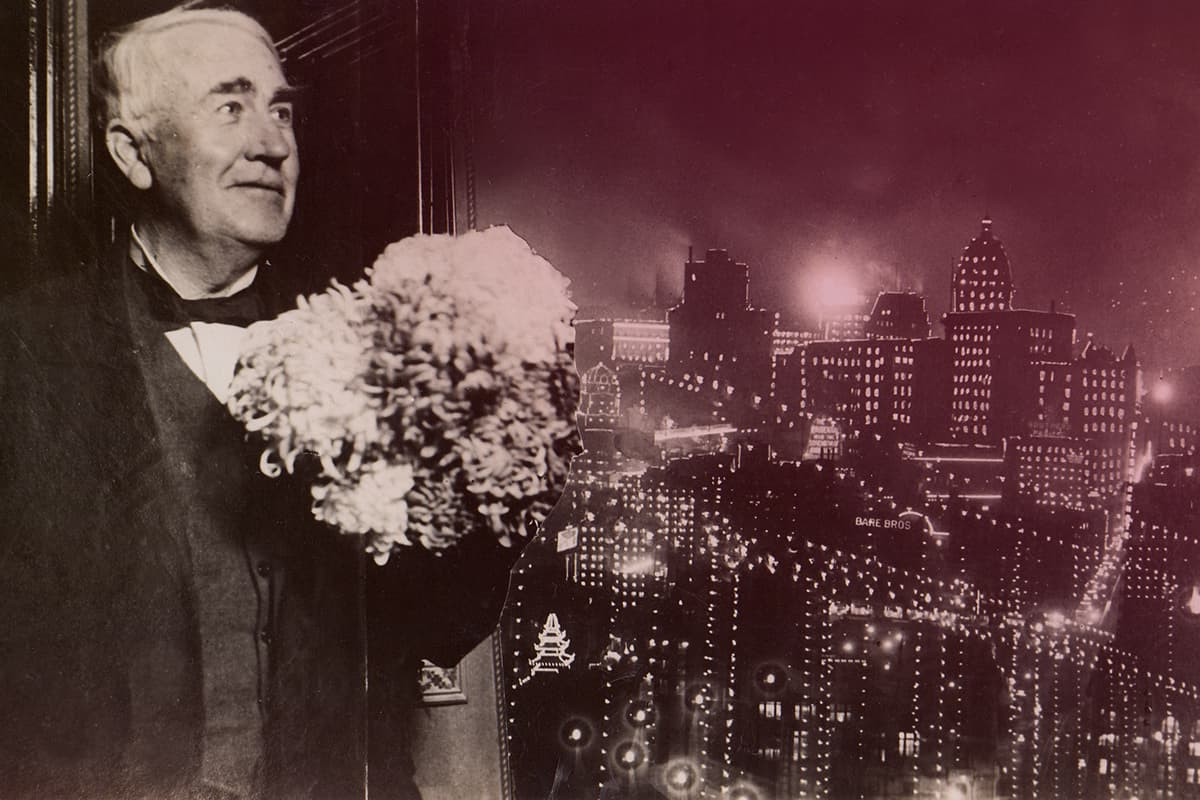
Who is Thomas Edison? Life and inventions of Thomas Edison
Little Known Facts About Alexander Graham Bell
Alexander Graham Bell, renowned as the inventor of the telephone, maintained a dual identity as both an inventor and an entrepreneur throughout his remarkable life. This Scottish scientist made substantial contributions to the development of various devices, not limited to the telephone. His motivation stemmed from his mother's hearing impairment, which inspired him to advance his scientific pursuits in this direction.
While initially driven to address the communication needs of the hearing impaired, it was during this journey that he invented the telephone. In addition to these endeavors, Bell dedicated his life to supporting the hearing impaired.
In 1907, he co-founded the Aircraft Testing Association, displaying a deep interest in aviation. His innovative spirit extended to the invention of the high-speed hydrofoil boat, and he also provided financial support to organizations working in the fields of science and technology during the 19th century. Today, some of his original works are showcased in his museum house in Canada, a testament to his enduring legacy.
An intriguing anecdote about Bell's legacy unfolded at his funeral. On August 2, 1922, as a poignant tribute to the inventor's profound impact on society, every telephone across the nation fell silent for one minute in honor of Alexander Graham Bell.
If the invention of the telephone had not occurred, it's worth considering whether today's mass communication network would be as rapid and instantaneous as it is. Your opinions on this matter are welcome in the comments section.

 Online Services
Online Services Application Inquiry
Application Inquiry Pay Assurance Fee
Pay Assurance Fee Query Installation Number
Query Installation Number Compensation Fee Inquiry
Compensation Fee Inquiry Automatic Payment Order Inquiry
Automatic Payment Order Inquiry Partnership
Partnership


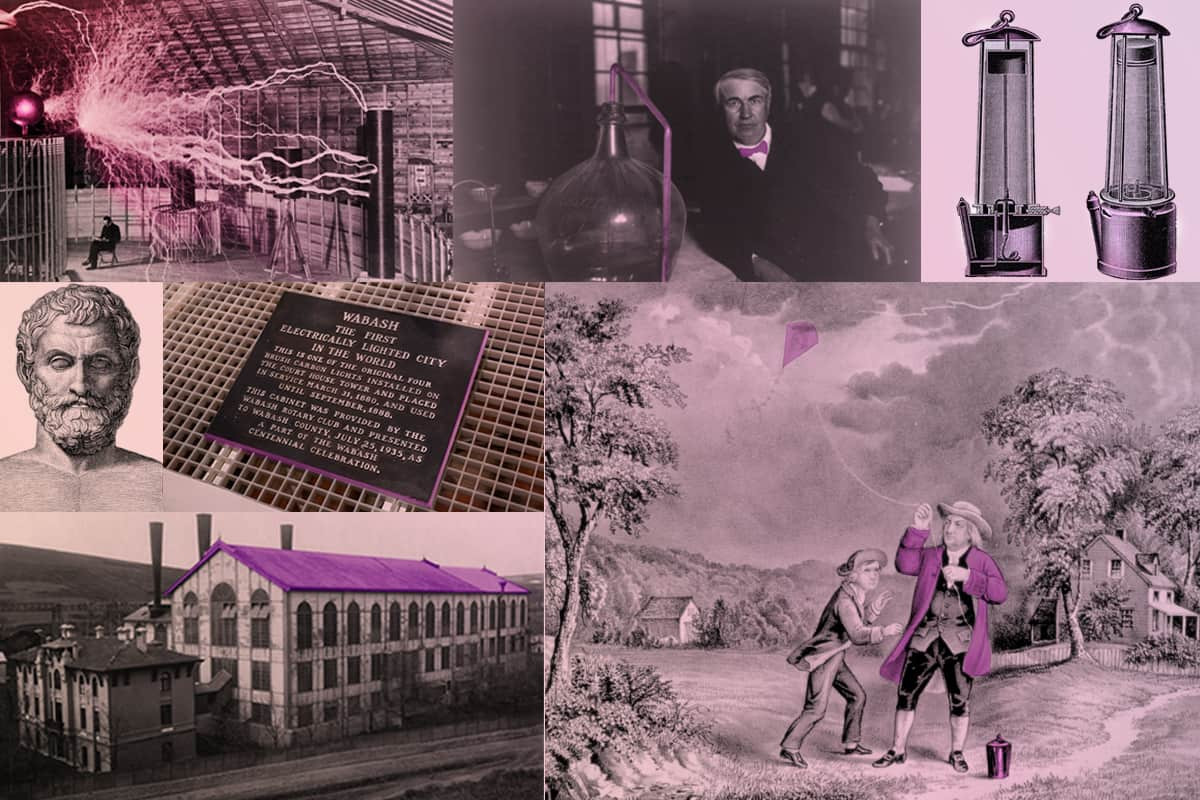


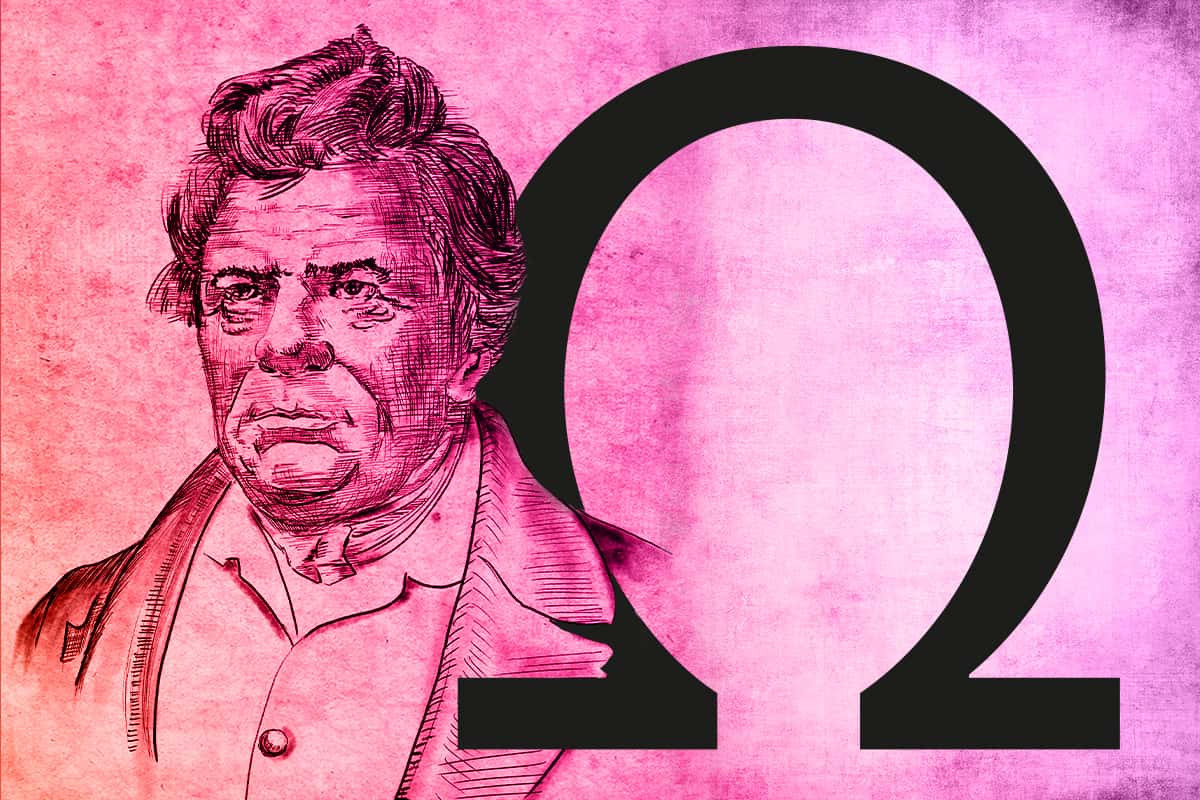
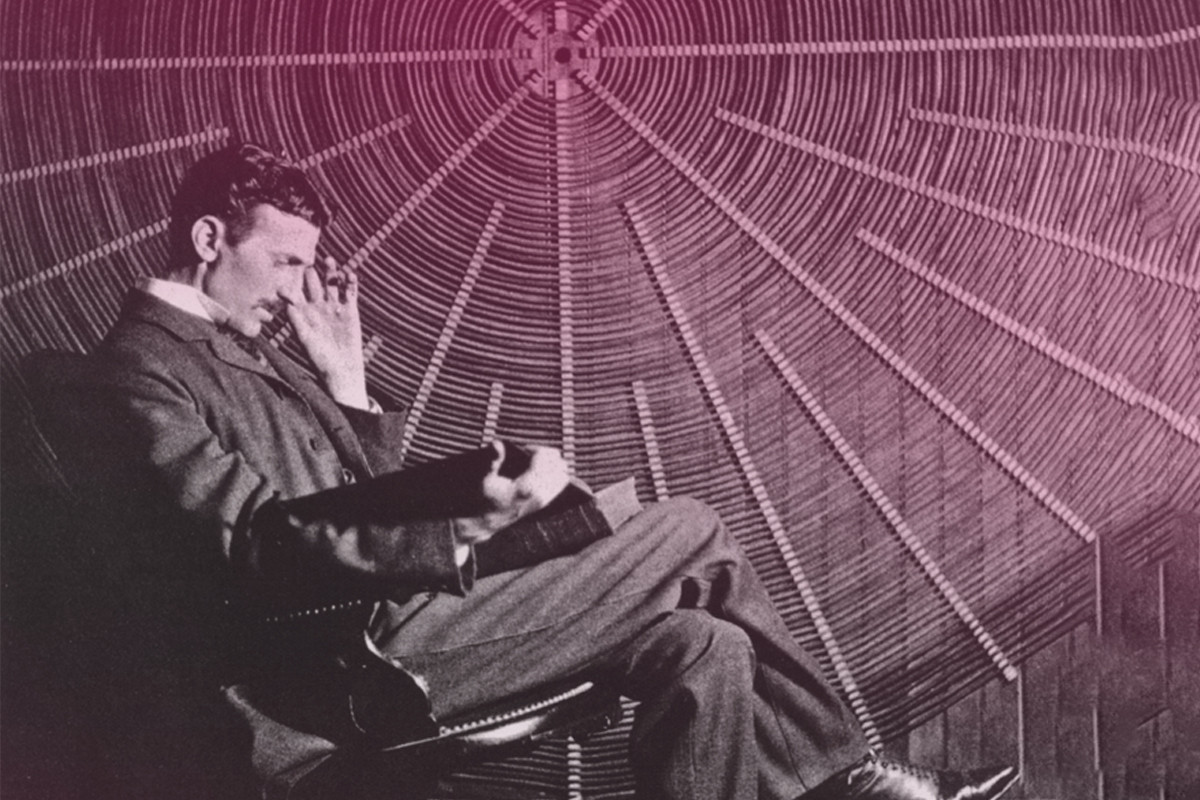
Leave a Comment
Comments (3)
C
Can
Çok güzel
Aydem Perakende
Merhaba,
İlginiz için teşekkür eder, keyifli okumalar dileriz. 😊
A
ARBEN
bir ödev için araştırma yaptım teşekkürler
E
Eymen
Beni duygulandirdi